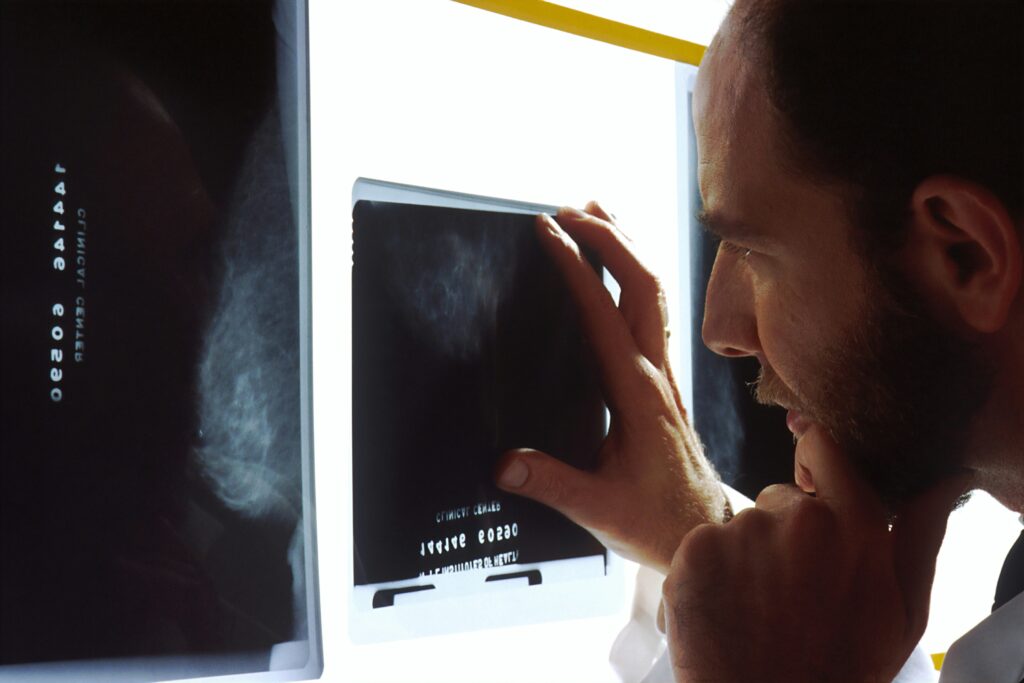
(BOSTON) — Researchers have unveiled a groundbreaking organ chip platform that could revolutionize chemotherapy treatment for esophageal adenocarcinoma (EAC), a form of cancer notorious for its high mortality rate and lack of targeted therapies. This advancement, led by Donald Ingber, M.D., Ph.D., at Harvard University’s Wyss Institute, and Lorenzo Ferri, M.D., at McGill University, promises to predict patient responses to chemotherapy more accurately, potentially improving outcomes for many.
Esophageal adenocarcinoma is the sixth most deadly cancer worldwide, and current treatments largely rely on chemotherapy administered before surgery, known as neoadjuvant chemotherapy (NACT). However, resistance to NACT is common, leading to poor prognoses. The new organ chip platform offers a patient-specific model that could address this critical need by predicting responses to different NACTs within a clinically useful timeframe.
Revolutionizing Personalized Medicine
The research team utilized the Wyss Institute’s Organ Chip technology to co-culture EAC organoids with stromal cells derived from patient biopsies, creating a more accurate representation of the tumor microenvironment (TME). This innovative approach allows for better prediction of tumor responses compared to traditional 3D organoid models, which lack the complexity of the TME.
Ingber commented on the potential of this technology, stating,
“This patient-centered approach strongly builds on our previous successes using human Organ Chip technology to recapitulate each individual cancer patient’s TME outside their body so that we can identify the drug combination that will work best for that very patient.”
This method not only enhances personalized treatment but also serves as a pre-clinical testbed for developing new therapies and discovering biomarkers.
Modeling Esophageal Pathologies
The collaboration between Ingber’s and Ferri’s teams began in 2023 with a study modeling Barrett’s esophagus, a precursor to EAC. Supported by the National Institutes of Health and Cancer Research UK, this study laid the groundwork for the current research by demonstrating the importance of accurately replicating the TME.
Second-author Elee Shimshoni, Ph.D., emphasized the significance of their findings, noting,
“Only by reconstituting key components of the TME and mimicking some of its fluid flows were we able to achieve physiologically relevant drug exposure, and to accurately predict patient-specific responses to NACT in personalized EAC Chips.”
This approach marks a significant advancement over previous models, which could not replicate the intricate interactions within the TME.
From Patients to Cancer Chips and Back
The team’s process involved creating personalized EAC organoids from patient biopsies, which were then cultured in a microfluidic chip alongside tumor-associated fibroblasts. This setup allowed for the exchange of molecules between cancer and stromal tissues, mimicking natural tumor conditions. The researchers then introduced a docetaxel-based chemotherapy cocktail to test its effects on the cancer cells.
In a cohort of eight patients, the organ chips accurately predicted their responses to NACT within 12 days, correlating perfectly with clinical outcomes. This rapid and precise prediction capability could significantly enhance treatment planning and patient stratification.
The study, published in the Journal of Translational Medicine, involved contributions from researchers Salvador Flores Torres, Mingyang Kong, Kulsum Tai, Veena Sangwan, Nicholas Bertos, Swneke Donovan Bailey, and Julie Bérubé. Funding was provided by Cancer Research UK, the Montreal General Hospital Foundation, and the Department of Defense-Congressionally Directed Medical Research Programs.
Implications for Future Cancer Treatments
This development represents a significant step forward in the field of precision oncology, offering hope for improved treatment outcomes for EAC patients. By enabling rapid and accurate predictions of chemotherapy responses, the organ chip platform could lead to more personalized and effective treatment strategies.
Looking ahead, this technology could be applied to other types of cancer, potentially transforming the landscape of cancer treatment. As researchers continue to refine and expand the capabilities of organ chip platforms, the future of personalized medicine appears increasingly promising.
In conclusion, the organ chip platform developed by Ingber, Ferri, and their teams offers a novel approach to tackling the challenges of esophageal adenocarcinoma. By providing a more accurate and rapid method for predicting chemotherapy responses, this technology could significantly improve patient outcomes and pave the way for new therapeutic strategies.






